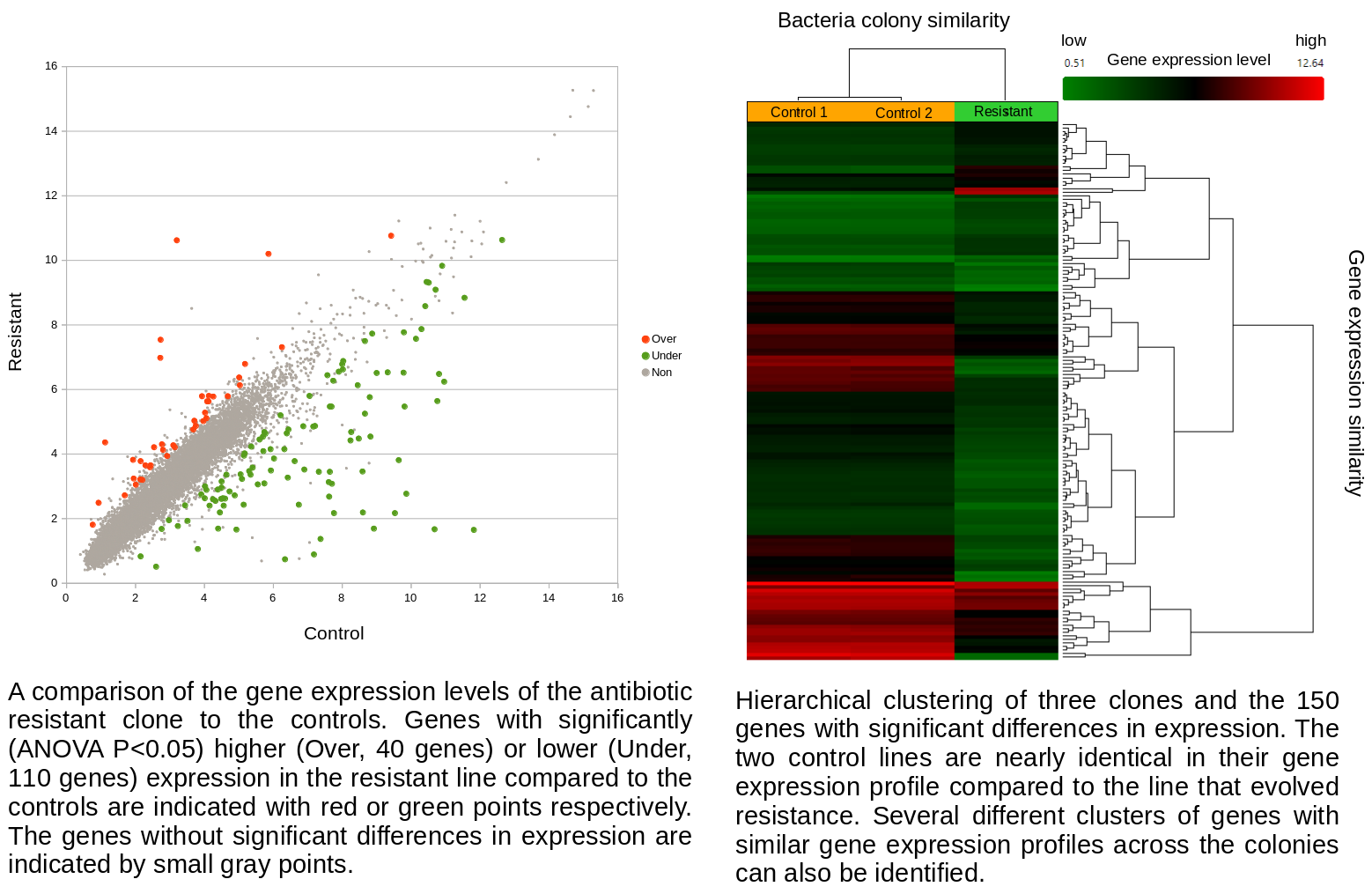A new study came out about attitudes towards natural history and the coursework available.
Barrows, Cameron W., Michelle L. Murphy-Mariscal, and Rebecca R. Hernandez. "At a Crossroads: The Nature of Natural History in the Twenty-First Century." BioScience (2016): biw043.
I am copying excerpts from the abstract here:
"The relevance of natural history is challenged and marginalized today more than ever. ... Early-career scientists surveyed agreed that natural history is relevant to science (93%), and approximately 70% believed it “essential” for conducting field-based research; however, 54% felt inadequately trained to teach a natural-history course and would benefit from additional training in natural history (more than 80%). ... Our results indicate a disconnection between the value and relevance of natural history in twenty-first-century ecological science and opportunities for gaining those skills and knowledge through education and training. "
Here is a link to the original article and a discussion about it at the Scientific American blog:
http://bioscience.oxfordjournals.org/content/early/2016/04/08/biosci.biw043.abstract
